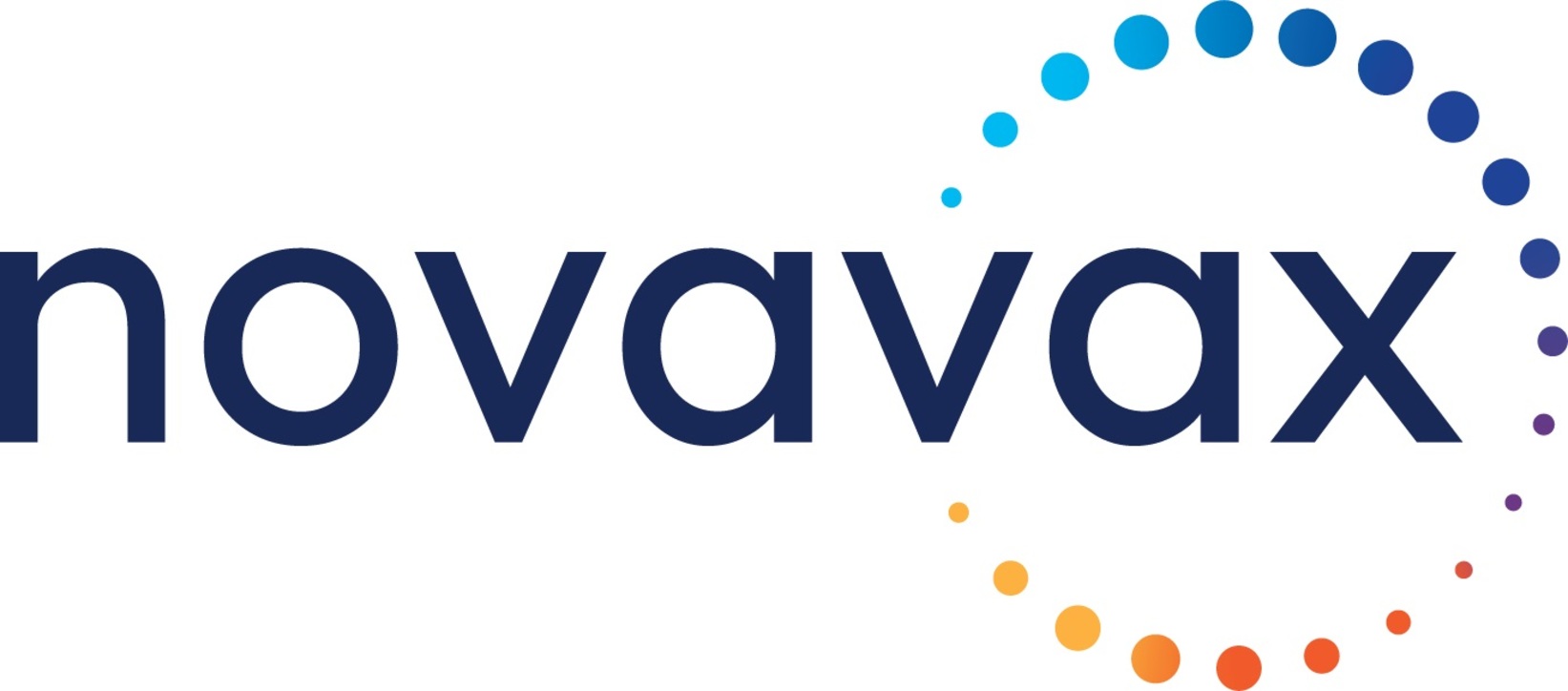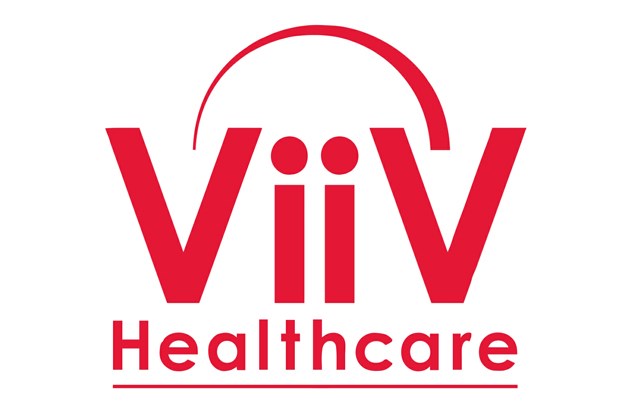COMMITMENT TO DIVERSITY

Why is diversity in clinical trials so important?
Different people may have different reactions to the same treatment, based on their age, gender, weight, race, ethnicity, and other factors. Clinical trials rely on volunteers to take part, and it's vital that these people come from diverse backgrounds. When trial populations don't reflect the real world, it creates more roadblocks to finding better treatments and potential cures.
According to CenterWatch Weekly, September 19, 2022, “The U.S. population is becoming increasingly diverse,” said Mathilda Fienkeng, director of the Center for Drug Evaluation and Research’s Division of Medical Policy Development. “We need meaningful representation in clinical trials. It’s fundamental to FDA’s regulatory mission and overall public health.” The agency’s own data show the scope of the problem, Fienkeng said. According to FDA’s 2021 Drug Trial Snapshot, Blacks, Asians and Hispanics are woefully underrepresented in pivotal trials. Said the Snapshot, more than 38,000 people were included in the studies supporting the 50 drugs approved in 2021, but most of these pivotal trials contained fewer than 15 percent, Black patients, for example, and many contained no Black, Asian or Latin patients at all. Women and older people also comprised lower percentages. Minority populations are often excluded from clinical trials without strong clinical or scientific justification, Fienkeng said. Although not overtly intentional, these exclusions reflect the same barriers that separate affluent, largely white populations from the rest of the country’s population groups: community location, financial resources, family responsibilities, and trust of the medical and research communities.
DCOL Center for Clinical Research is committed to supporting the industry’s drive for more diversity in clinical trials. Our goal is to reach out to the diverse communities within our area to provide them an opportunity to participate in the clinical trials we have ongoing at our site. We routinely take part in activities such as trainings and webinars on diversity, and we also invite people from diverse populations from among the community to speak to our staff. Incentives are offered from time to time to the staff for ideas on how to better promote diversity when recruiting for our studies. The participants currently in our trials come from a widely varied population, but we strive to be even more intentional about recruiting and enrolling from diverse populations.
About Clinical Research
Why Participate in a Clinical Trial?
As a participant in a clinical trial, you are part of a process to evaluate investigational drugs and treatments that may help, or lead to a cure, for your condition. You will be one of the first people to reap the benefits of newly invented investigational drugs that are not yet available to the general public, and you will play an active role in furthering medical knowledge.
As a participant, you will receive free medical care from expert physicians. The trial is free for you, and you may even receive compensation for your time and travel. No health insurance is required, and all study-related medical exams, laboratory tests, and procedures are provided at no charge.
In addition to free medical care, participating in clinical trials helps millions of others with the targeted conditions. Lifesaving and life-improving drugs would not be on the market if not for clinical trials, so as a participant, you play a fundamental role in drug development.
Our team of doctors, research coordinators, and other medical staff have conducted numerous trials with hundreds of participants. We are dedicated to performing clinical research with the highest ethical and scientific standards.
Preparing for Your Visit to Research
You should feel comfortable asking the members of our research team questions about the clinical trial. You can also refer to Frequently Asked Questions to help guide you. It is also important for you to know as much as possible about the clinical trial. The Informed Consent Process should help you learn all the key facts about the trial.
General guidelines:
You will be given specific instructions prior to each visit that applies to the protocol of your clinical trial. Generally speaking, you may be asked to do one or all of the following:
- You should follow the directions of your study coordinator regarding your study medication prior to your visit.
- If fasting: You should not eat during the fasting period prior to your visit.
- If fasting: You should drink water during the fasting period prior to your visit.
- You should bring study-related diaries, logs, forms, or special equipment to the visit.
- You should inform your research coordinator of any new medications you may be taking.
- You should inform your research coordinator of any illness or related events since your last visit.
- You can expect the average visit to last between 30-90 minutes, although your 1st visit to the clinic could last approximately 2+ hours.
Do I continue to work with my primary health care provider while in a trial?
Yes - If you have a primary health care provider, then continue to follow your treatment regimen with your primary care physician. Your health care provider may even work with the research team to ensure that other medications or treatments will not conflict with the protocol. Most clinical trials provide short-term treatments related to an illness or condition and do not provide extended or complete primary health care. The clinical trial does not replace your personal health care provider but works in addition to it.
What is the Clinical Trial Process?
There are three phases that an investigational drug must go through successfully in order to be approved by the FDA. Following approval, there is a fourth phase in which drugs may enter for continued testing. At DCOL Center for Clinical Research, we participate in Phase II – Phase IV clinical trials.
-
Phase I
These are the first trials of a medication in humans and are usually performed in healthy volunteers in an inpatient facility to establish guidance for dosing of the medication in further trials. DCOL Center for Clinical Research currently does not participate in this phase of research.
-
Phase II
A drug becomes eligible for Phase II trials only when the FDA has reviewed Phase I data and has concluded that it is safe to be used in humans under the controlled conditions of an investigational trial and that it may potentially be beneficial to patients with a particular disease. This is often the phase in which a pharmaceutical company hopes to decide whether it will be worthwhile to continue the development of a particular drug, or whether it is worthwhile pursuing new indications for a drug that has already been approved for a different purpose. Typically about 50-200 patients will receive the investigational drug in this phase of testing. This number may be considerably higher if the drug is being tested for multiple possible indications. These trials usually also have a second group of patients called the “control group” who receive either a standard treatment or a placebo. Patients are assigned to either the treatment group or the control group at random, and neither the physician nor the patient is aware of which group the patient is in.
-
Phase III
A drug enters Phase III if the pharmaceutical company is satisfied that there is a reasonable likelihood that it will be beneficial for its intended purpose and if the FDA is satisfied with the safety and efficacy data obtained in the Phase II trials. These trials involve a greater number of patients than the Phase II trials and are usually conducted at many different research sites simultaneously. Several hundred to several thousand patients are involved in this phase of medication development, and there is a control group in these studies as in Phase II. Most drugs that enter this phase of testing will at least be considered for approval by the FDA, though not all of them will ultimately be granted approval.
-
Phase IV
These trials are conducted on medications that have already been approved for use by the FDA, and that are on the market. Additional safety data is obtained in this phase of testing, and these trials are often used to assess the effects of treatment on a patient’s general quality of life as well as on the specific disease being treated. These trials may also compare a drug with other drugs or treatments already on the market.

You can learn more information about clinical trials, by visiting the websites listed below:






































































 - web design by teaminhouse
- web design by teaminhouse